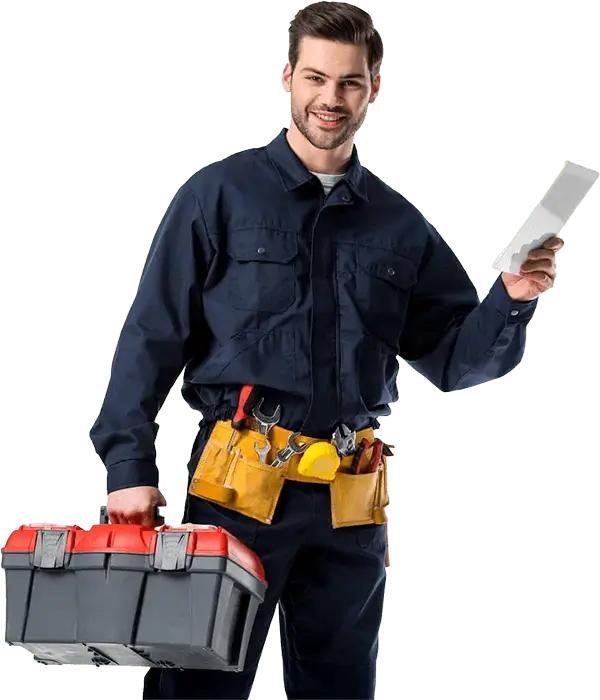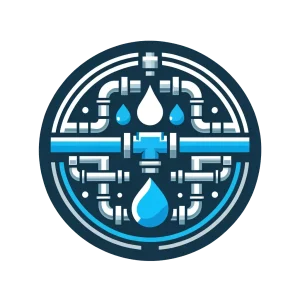Tackle plumbing emergencies with confidence in Toronto
Discover the essential steps for tackling common plumbing issues like clogged drains and burst pipes. This guide offers practical DIY solutions, emergency tips, and resources for homeowners in Toronto.
Understanding Clogged Drains
Understanding clogged drains begins with identifying the root cause. Clogs can occur due to hair, grease, debris, or even tree roots invading pipes. Homeowners in Toronto often face these issues, especially during colder months when pipes are more prone to blockages. A DIY plumbing project could involve using a plunger or drain snake to clear minor clogs. For tougher cases, pouring baking soda and vinegar down the drain can help dissolve buildup. However, if these methods fail, it’s essential to act quickly to prevent further damage.
One of the first signs of a potential burst pipe is slow drainage, as increased pressure in the pipes can weaken joints or seams over time. Homeowners should inspect their plumbing system regularly for leaks or unusual sounds, which could indicate weak spots. Taking early preventative measures, such as reinforcing aging pipes or installing pipe insulation during Toronto’s cold winters, can save you from costly burst pipe repair in emergencies.
In case of a sudden clog that leads to water overflow or a burst pipe, emergency plumbing tips are crucial. Turn off the main water supply immediately to minimize damage. Use towels or buckets to contain any leaks and avoid using electrical appliances near standing water. Contacting a licensed plumber in Toronto should be your next step, as professional intervention can prevent the situation from worsening.
Regular maintenance is key to avoiding these scenarios. Simple tasks like flushing drains with hot water weekly or installing drain screens can significantly reduce the risk of clogs and pipe damage. By staying proactive, homeowners can handle DIY plumbing projects confidently and ensure their plumbing systems remain in top condition.
Inspecting Pipes for Bursting
Inspecting your pipes regularly is a crucial step in preventing burst pipes and ensuring the longevity of your plumbing system. While clogged drains can cause immediate issues, bursting pipes pose serious risks to your home’s structural integrity and can lead to costly repairs. By taking proactive measures, you can identify potential problems before they escalate.
Start by visually inspecting your pipes for any signs of wear, such as discoloration, cracks, or leaks. Pay special attention to areas where pipes are exposed, like basements, crawl spaces, and under sinks. These locations are often prone to damage due to temperature fluctuations or hidden leaks. If you notice water pooling around pipes or unusual dampness, it could indicate a developing issue.
Regular maintenance is key to preventing pipe bursts. Consider undertaking simple DIY plumbing projects, such as checking for loose connections or inspecting joints for corrosion. While these tasks may seem minor, they can save you from significant headaches down the line. However, if you encounter more complex problems, like extensive rust or structural damage, it’s wise to consult a professional plumber.
Another important aspect of pipe inspection is monitoring your water bill. A sudden spike in water usage could signal an undetected leak, which might be causing hidden damage to your pipes. Addressing such issues early can prevent them from turning into full-blown emergencies.
To further protect your system, insulate pipes in cold areas during winter months, as freezing temperatures are a leading cause of burst pipes. By taking these preventive steps, you’ll not only safeguard your home but also reduce the likelihood of needing burst pipe repair services.
Remember, early detection is your best defense against plumbing emergencies. While inspecting your pipes may seem daunting at first, it’s a simple task that can save you time and money in the long run. With these tips, you’ll be better prepared to handle any plumbing issues that arise, ensuring peace of mind for your household.
Emergency Plumbing Tips
When a plumbing emergency strikes, acting quickly can mean the difference between minor repairs and significant damage. After inspecting your pipes for signs of potential bursting, it’s essential to know how to handle unexpected issues with confidence. This chapter will guide you through , including DIY projects and burst pipe repair techniques.
First, familiarize yourself with your home’s water supply system. Locate the main shut-off valve, as turning off the water is often the first step in mitigating damage during an emergency. For minor leaks or drips, a quick fix might involve tightening connections or applying a patch using epoxy resin or silicone sealant. However, if you suspect a burst pipe, especially in walls or under floors, prioritize safety and consider calling a professional.
can help prevent emergencies, but always assess your skills before tackling complex repairs. For instance, replacing worn-out washers or updating old pipes are manageable tasks that can extend the life of your system. However, if you encounter pooling water, gushing leaks, or frozen pipes that won’t thaw, it’s crucial to act swiftly. Use towels and buckets to contain water flow while contacting a licensed plumber.
Keep an emergency plumbing kit handy, including adjustable wrenches, pipe joint compound, and replacement parts like washers and O-rings. Regularly check for signs of wear and tear in your pipes, especially near joints or bends, as these areas are prone to failure. By staying proactive through and routine maintenance, you can minimize the risk of costly repairs and ensure your home remains safe.
Remember, while DIY projects are great for minor fixes, never hesitate to seek professional help for significant issues like burst pipe repair. Preparedness is key to tackling plumbing emergencies with confidence in Toronto.
Conclusions
With the knowledge gained from this guide, homeowners in Toronto can now tackle common plumbing issues like clogged drains and burst pipes with confidence. Remember that some situations may require professional intervention, and always be prepared for emergencies by having essential resources on hand.

